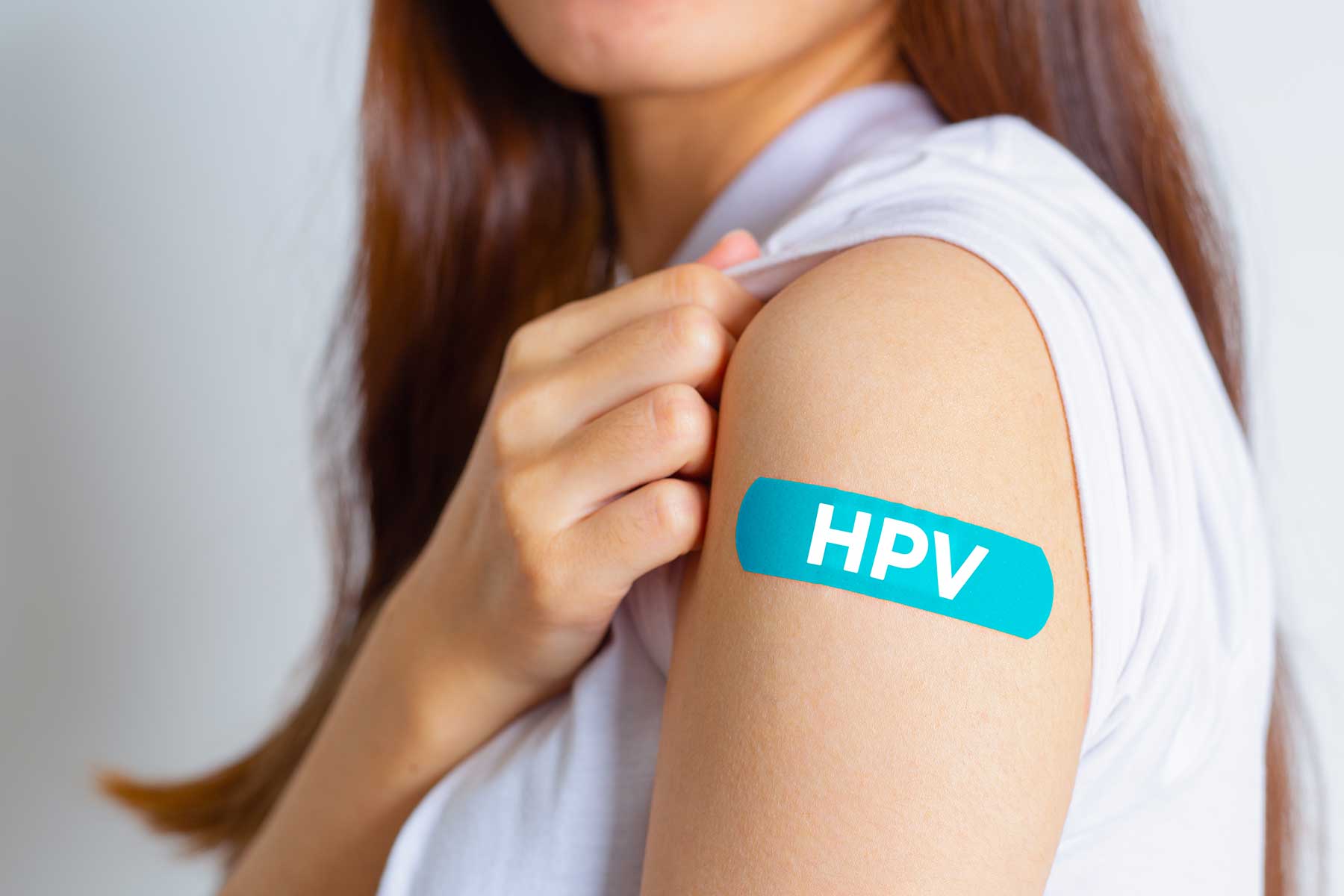Recently, the Australian Technical Advisory Group on Immunisation (ATAGI) announced updates to the Human Papillomavirus (HPV) vaccine schedule in Australia. After extensive research, eligible people without immune compromise under the age of 26 will now only need one dose of an HPV vaccine to be considered fully immunised. All nurses versed in immunisation should be aware of these changes to the schedule so they can properly educate consumers and their loved ones to ensure they are fully informed and protected.
As these new changes rolled out across the country, we sat down with the Nurse Educator and Immuniser Sally Byrne MACN to catch up on what the changes mean and how they affect nurses.
What is Human Papillomavirus (HPV)?
HPV is a sexually transmissible infection (STI) that is very common in young adults across Australia. According to ATAGI (2022), up to 90 per cent of the general population will become infected with at least one genital type of HPV in their lifetime.
It covers various strains that usually show no symptoms, is cleared by the immune system and is only picked up through a cervical cancer screening. The few low-risk strains that show symptoms often cause warts (including genital warts), and benign tumours in the nose and mouth (respiratory papillomatosis).
However, several strains can cause severe illness, abnormal growths and a range of cancers. The most common is cervical cancer, and cancers in the anus, vulva, vagina, mouth, throat, and penis.
As many of these strains show no outward symptoms, it is critical to remind eligible consumers to complete their cervical cancer screenings every five years once;
- they turn 25
- are sexually active
- and until they turn 74.
The vaccine program for HPV is now in its 15 year and is used as preventative care in conjunction with cervical cancer screening. The combined program has been considered such a success that the Cancer Council has predicted that Australia will be the first country to eliminate cervical cancer as a public health problem by 2035.
Who is at risk of HPV?
HPV can affect anyone who is or has been sexually active. It is possible to be exposed to HPV with only one sexual partner or during a person’s first sexual activity, so it is important all eligible consumers get vaccinated.
People who are immunocompromised are at higher risk of contracting HPV. Men who have sex with men are encouraged to take the vaccine as they are not protected by the herd immunity found in most women.
ATAGI’s advice is that the ideal age for vaccination is 12-13 years old, as most consumers will not have been exposed to sexual activity. However, catch-ups for those who missed the schedule can start as late as 25 years old.
What are the changes made by ATAGI?
As part of the National Immunisation Program (NIP) Schedule, eligible consumers vaccinated against HPV before their 26th birthday only need one dose to be considered fully immunised against HPV. This is down from two doses that were needed for full immunity when the program was first launched in 2007.
The change in advice by ATAGI (2022) comes after a review of a large volume of clinical evidence from domestic and international sources. The findings indicate a single dose provides just as much protection as two doses for immunocompetent people, leading to the change.
It is important to note that women over 25, women who have known exposure to HPV, men who have sex with men and immunocompromised people may need more than one dose to be fully immunised.
There have been no other changes, including funding status under the National Immunisation Program Schedule.
A note for Nurse Immunisers
If you are administering the HPV vaccine, please ensure you familiarise yourself with the updates in the Australian Immunisation Handbook, which are now available online. It is important to remember that these changes are for immunocompetent people, so please ensure you are aware of recommendations for those in other eligible groups.
Finally, it is important to reiterate that immunisation does not cover all strains of HPV, so it is important to remind the consumer (if eligible) to maintain their cervical cancer screening schedule between the ages of 25-74.
If you would like further information on the changes, please check out these resources.
National Immunisation Program schedule: https://www.health.gov.au/sites/default/files/2023-02/national-immunisation-program-schedule.pdf
Australian Immunisation Handbook: https://immunisationhandbook.health.gov.au/contents/vaccine-preventable-diseases/human-papillomavirus-hpv#recommendations
Australian Department of Health and Aged Care: https://www.health.gov.au/news/changes-to-hpv-vaccine-dose-schedule-for-young-australians
Sally Byrne MACN
Sally is a Nurse Educator at the Australian College of Nursing for the Immunisation for Health Practitioners Course. Having worked in Emergency for many years, she is passionate about using immunisations to prevent acute care presentations. A passionate lifelong learner, Sally enjoys attending a range of Immunisation conferences each year to ensure her students have the most up-to-date resources and prepare for success.

For more information, resources, and education opportunities in the world of immunisation, visit the Australian College of Nursing’s Immunisation Hub.





